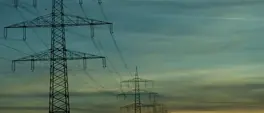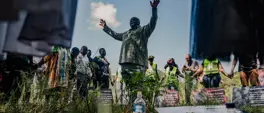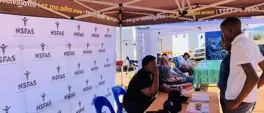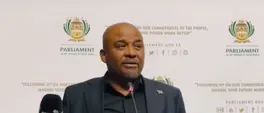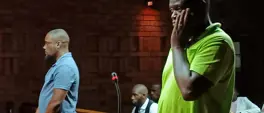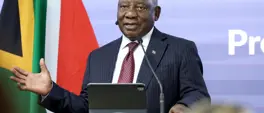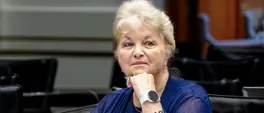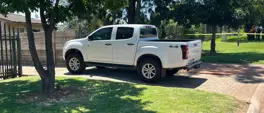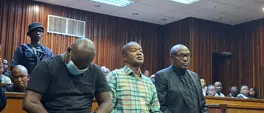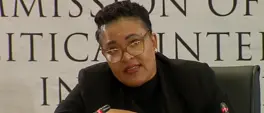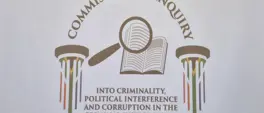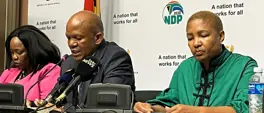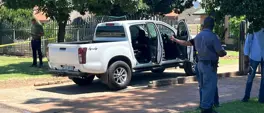Blind SA urges Ramaphosa to sign bill allowing the visually impaired better access to published material
Thabiso Goba
20 September 2024 | 9:47The Copyright Amendment Bill has been sitting on the president’s desk since February 2024 after being passed by both houses of Parliament.
JOHANNESBURG - Blind South Africa (SA) is urging the president to sign a bill to allow visually impaired people better access to published books and related material.
The Copyright Amendment Bill has been sitting on Cyril Ramaphosa’s desk since February 2024, after being passed by both houses of Parliament.
However, the interim relief provided by the Constitutional Court – in place of the bill being signed into law – expires on Saturday.
On 21 September 2022, the Constitutional Court declared certain clauses of the 1978 Copyright Act unlawful.
They required blind and visually impaired people to get permission from a copyright holder before turning published works into an accessible format, like Braille.
The Constitutional Court gave Parliament 24 months to rectify this and made the clauses unlawful during that period.
The chairperson of Blind SA’s advocacy and information committee, Tommie Lehmkuhl, said, “The 1978 Copyright Act made criminals of all blind people making use of Braille because it doesn’t allow us to transcribe any publication into Braille without the permission of the publisher, and the publishers more often than not deny us that permission.
“So, we are not allowed to transcribe their books into Braille or other accessible formats like Braille, large print for partially sighted people, or audio for people who cannot read Braille.”
The president’s office said the bill is being processed but provided no timeline for enacting it.
Get the whole picture 💡
Take a look at the topic timeline for all related articles.
